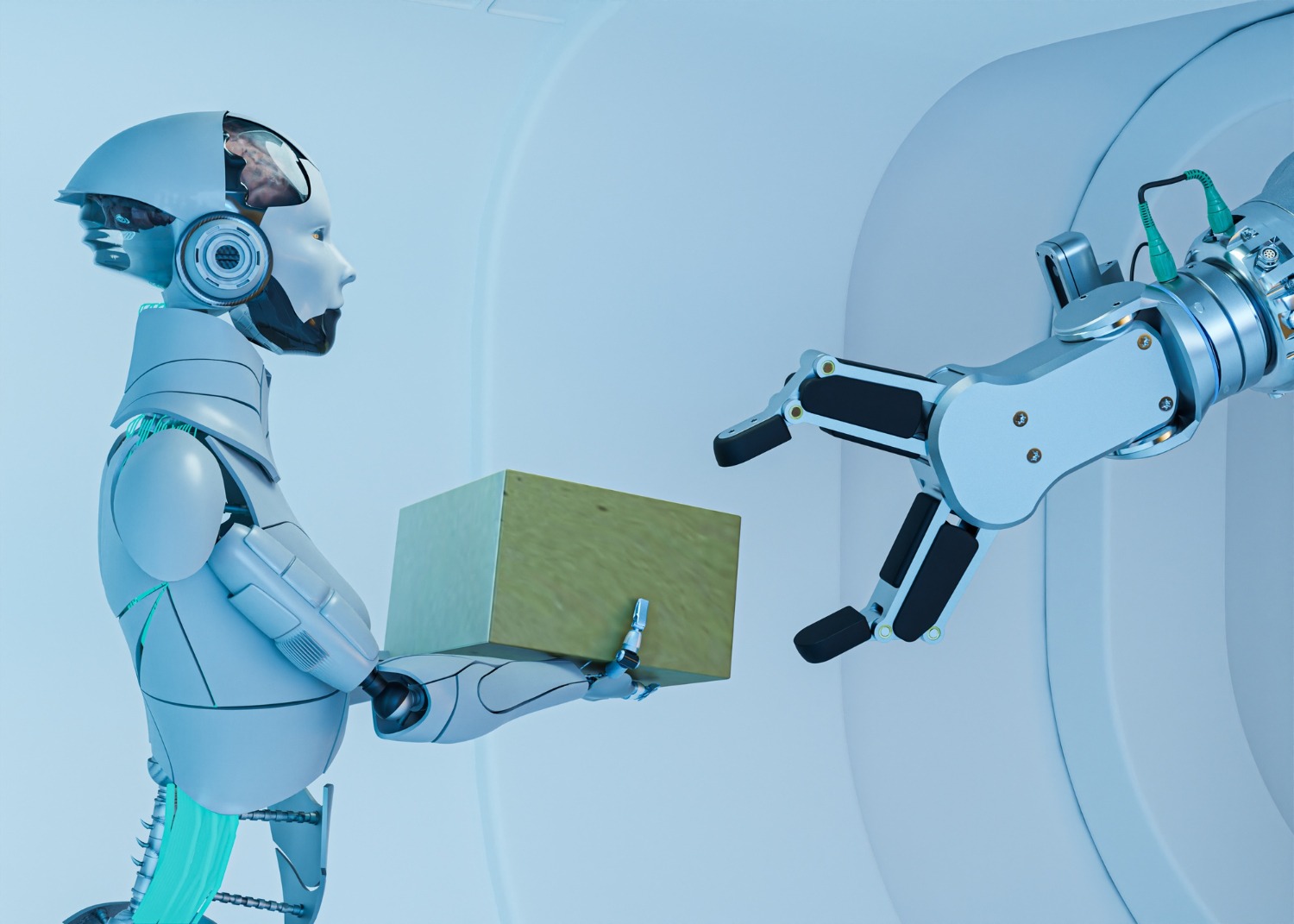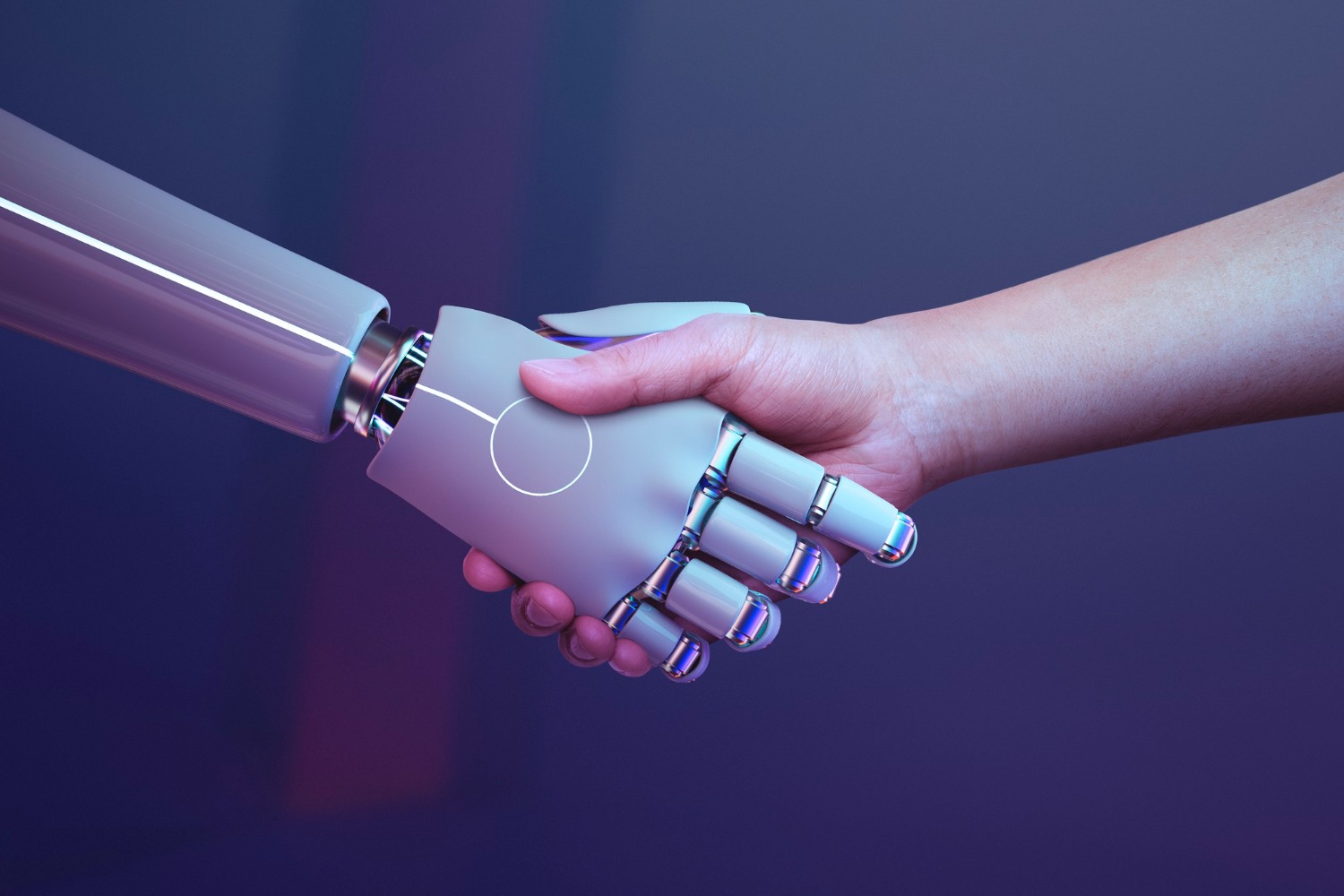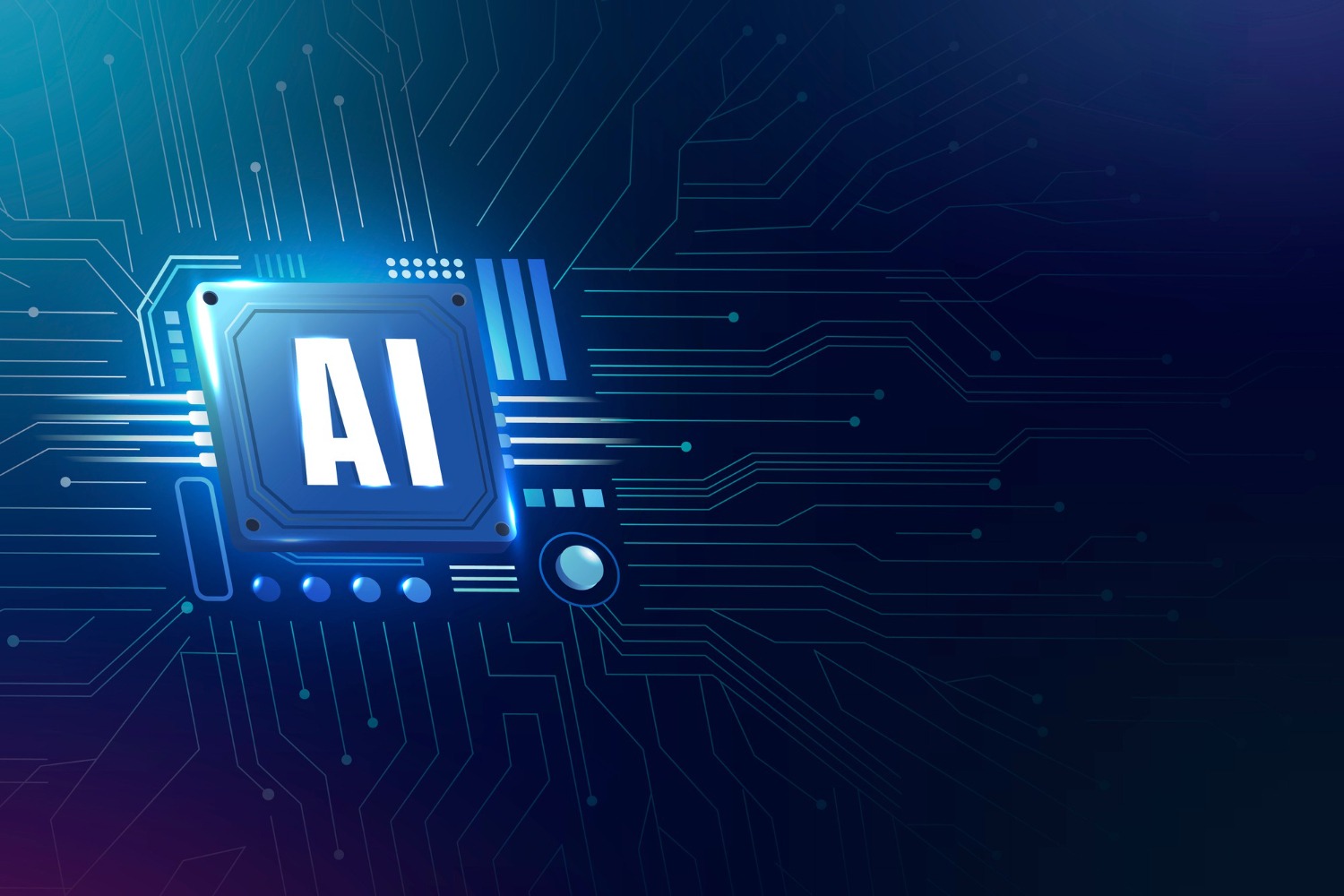Enterprise AI: How CIOs Can Drive Digital Transformation
Artificial intelligence (AI) is a game-changer for enterprises in this digital era where there is no boon bigger than speed. The topic reflects the rapidly growing trend of AI adoption within organizations to enhance operational efficiency, improve decision-making, and gain a competitive advantage.
Central to this transformation are Chief Information Officers (CIOs). They make sure that the AI initiatives are business-oriented and aligned with business objectives. However, the enterprise-wide adoption of AI is not without its challenges. This takes strategy, leadership, and the right technology stack.
How the CIO can harness AI in the digital transformation journey to catalyze the process, remove roadblocks and build a sustainable future.
Why and How AI Matters to Transformation?
Digital transformation is the process of transitioning to digital technologies across all areas of a business. It is complemented by AI that automates tasks, analyzes big data, and provides predictive insights.
Another use case of AI is that it helps businesses to provide better customer experiences, increase operational efficiency and drive faster innovation. From chatbots taking care of customer queries to predictive analytics in supply chains, AI is changing every sector.
For CIOs, the challenge lies not only in using AI but in ensuring that AI drives real business value.
Important Areas Where CIOs Can Use AI
1. Automating Business Processes
One of AI’s most powerful benefits is automation. CIOs can also leverage AI-driven automation to automate repetitive tasks, reduce errors, and improve productivity.
- Robotic Process Automation (RPA): AI-based bots automate repetitive and mundane tasks like data entry, invoice processing, and customer service responses.
- Intelligent Workflows: AI optimizes workflows and predicts future needs by analyzing patterns.
- AI for human resources: Automated resume screening, employee engagement analysis, and AI-driven training programs greatly streamline the management of the workforce.
CIOs, by harnessing AI-powered automation, can redirect their workforce to do higher-value work.
2. Decision-Making Driven by Data: Improving
Digital transformation is underpinned by data, and AI can help organizations make sense of complicated data sets.
- Predictive Analytics: Trends and patterns are identified here with the help of AI and this will help you make informed decisions. AI, for instance, can also be used for demand prediction in retail or fraud detection in financial transactions.
- AI powers businesses to collect and analyze real-time data, which helps boost operational efficiency and enhance customer experiences.
- This is because machine learning-fueled analytics allow organizations to deliver tailored suggestions, enhancing customer involvement.
- Data infrastructure: CIOs need to make sure their organizations have a solid data infrastructure to enable AI-driven insights.
3. Improving Cybersecurity
As businesses become digital, cyber security threats grow. Artificial intelligence (AI) is instrumental in enhancing security defences.
- Threat Detection: AI-based systems scan network traffic and detect suspicious activities in real time.
- We always trusted HIT in the upcoming agers, let’s find out what HIT will serve shortly.
- Instant Response: AI-based security tools can respond to threats in real time, preventing full-blown breaches.
CIOs must adopt AI-driven cybersecurity systems to secure their organization from rising cyber-attacks.
4. Optimizing IT Operations
By leveraging artificial intelligence, the performance of systems can be enhanced, downtime can be reduced, and maintenance can be automated, thus AI can also help improve IT operations.
- AI-Powered IT Support: Chatbots and virtual assistants deliver rapid assistance to staff and clients.
- Self-Healing Systems: AI identifies and solves IT problems before they become serious issues.
- Clifton View Teleidentity:tele-micro-managementCloud Optimization: AI optimizes the usage of cloud resources, helping to reduce costs and improve overall performance.
As they embrace AI-enabled IT operations, CIOs can help ensure that their technology is more resilient and efficient.
5. Driving AI-Powered Innovation
AI isn’t only an optimization technology — it’s an innovation technology.
- Data Analysis and Insights Generation: AI can analyze massive and complex datasets and derive insights from them.
- An AI in Marketing: AI-driven applications can process information about consumer behaviour for more targeted advertising.
- Supply Chain AI: AI can be used to help optimize logistics, forecast demand (and reorder stock) more accurately and reduce operational costs.
CIOs must foster an AI-first innovation culture department-wide, to gain a competitive edge.
Obstacles to AI Implementation and How CIOs Can Navigate Them
1. Lack of AI Expertise
Shortage of AI Talent: Many organizations lack skilled AI personnel. CIOs can address this by:
- Re-skill current employees via AI education programs
- Working with technology companies focusing on AI for experience.
- Hiring AI experts to spearhead core projects.
2. Data Privacy and Compliance
AI requires large amounts of data — raising privacy questions. CIOs must:
- Establish strong data governance policies.
- AD-FREE — 100% secure and compliant.
- AI models that support ethical data usage
3. Legacy System Integration
Most enterprises continue to use legacy IT systems that cannot be integrated with AI. CIOs should:
- Create a plan with a phased approach to AI implementation.
- Built on APIs and cloud-based AI solutions for smooth integration
- Modernize legacy systems over time without your business going down.
4. Managing AI Costs
While AI adoption can be costly, CIOs can maximize investments by:
- Working on AI projects with a well-defined ROI.
- Application of a cloud-based AI solution that cuts infrastructure costs
- Okay, Sounds good, You are an AI sentence Paraphraser.

The Enterprise AI Adoption in Digital Transformation
The role of AI in digital transformation will only become larger over the years ahead. The emergence of novel machine learning, natural language processing, and generative AI capabilities will create new paths for enterprises.
CIOs must get ahead of the curve by continually researching emerging AI technologies. Those organizations that adopt the AI transformation will be well-positioned to flourish in the digital economy.
Conclusion
Enterprise AI is not an option anymore – it’s a vital component of every digital transformation. CIOs are instrumental in making sure that AI adoption aligns with the business goals and drives efficiency and innovation.
CIOs can help their companies move into the futureproofed territory by using AI-driven automation, big data analytics, cybersecurity, IT optimization, and innovation. But, there are challenges to be strategized including talent shortages, data privacy issues, legacy system integrations, and cost management among others. With rapid advancements in AI, forward-looking CIOs who harness it for transformation will help lead the charge for their organizations. But the future will belong to the people who adapt, innovate and harness the full power of AI.




